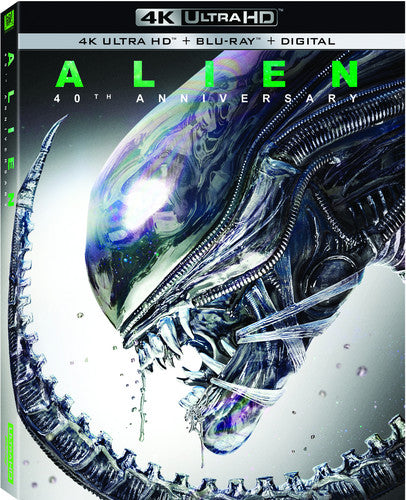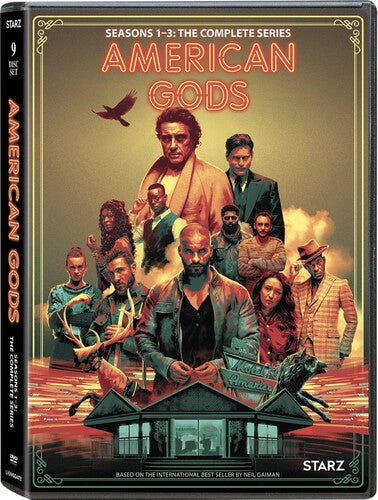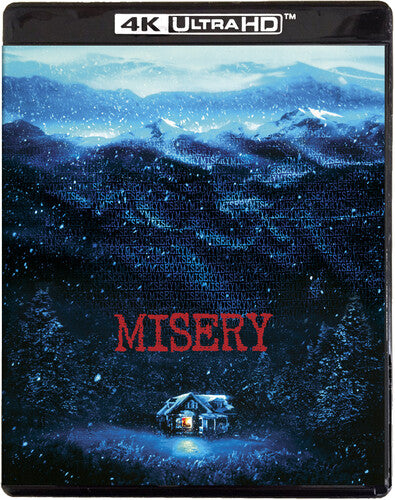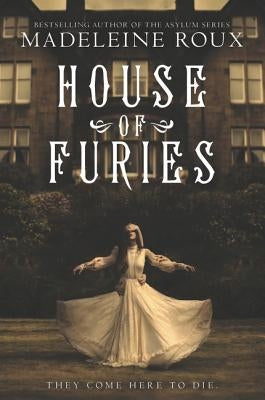Alien (4K Ultra HD)
$19.99
$26.99
Evil Dead 2 (4K Ultra HD)
$18.99
$22.99
Island of the Fishmen (Blu-ray)
$13.99
$21.95
American Gods: Seasons 1-3: The Complete Series (DVD)
$35.99
$44.98
Wrong Turn 1-5 (Blu-ray)
$25.99
$38.99
Dan Curtis' Dracula (Blu-ray)
$15.99
$19.98
Ghostwatch (Blu-ray)
$21.99
$29.95
It's a Wonderful Knife (Blu-ray)
$17.99
$25.99
Prometheus (4K Ultra HD)
$20.99
$30.99
The Thing (4K Ultra HD)
$23.99
$29.98
The Black Phone (4K Ultra HD)
$26.99
$27.98
Black Christmas (4K Ultra HD)
$31.99
$39.98
Misery (4K Ultra HD)
$28.99
$39.95
Under the Dome
$35.00
Drop Dead Gorgeous
$10.99
House of Furies
$10.99
Phantom
$10.99
The Bleed
$17.99
Insatiable Hunger
$24.99
The Kitchen Witches
$18.99
The Cathedral Dimension
$13.00
Queens of Death
$15.99
Maleva
$7.99
Darkness Stirring
$12.99
Locked Doors
$8.95
Looking Glass
$16.99
The Scorched Volume 4
$17.99
Corporate Climbing
$17.99
The Devil That Wears My Face
$17.99
The Horror at Pleasant Brook
$18.99
LegionPress
$29.99
Genuflect
$75.95
Wyrd and Other Derelictions
$19.95
The Haunting of Borden House
$21.95
Rainbow Filth
$14.95
Essential Tales and Poems
$14.99
Azathoth: Ordo ab Chao
$14.99
$19.95
Manrattan
$9.99
Denizen: The Complete Series
$19.99
Spawn Origins Volume 27
$16.99
Monster Born
$19.99
Stars Like Gasoline
$19.99





















































